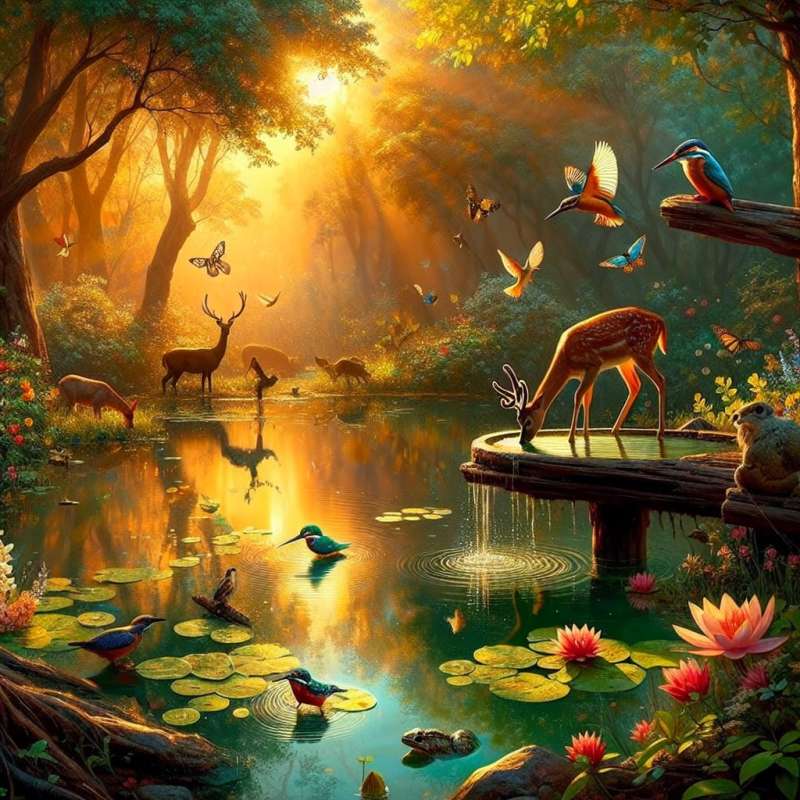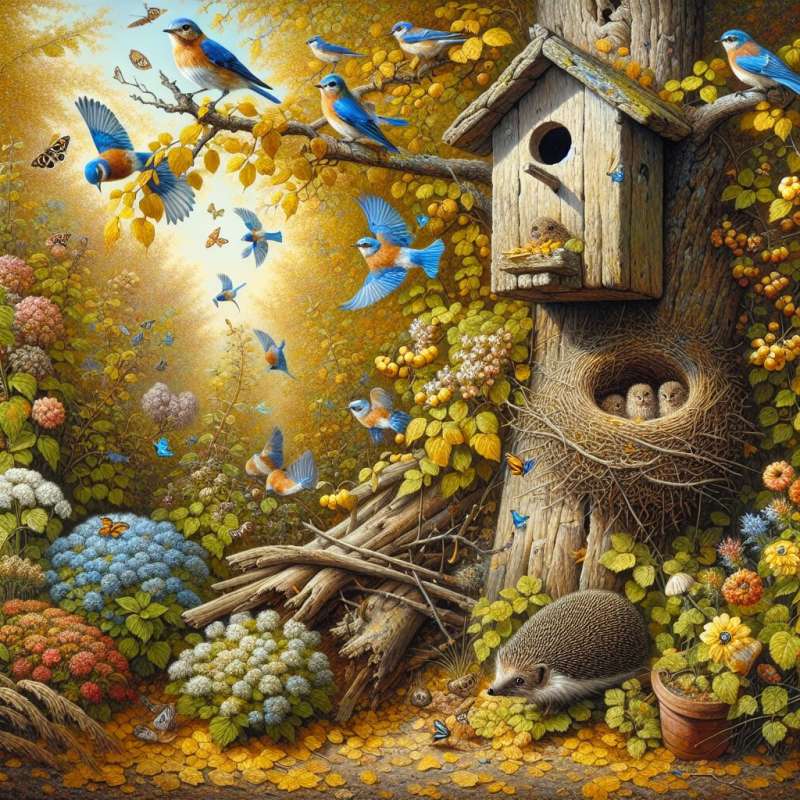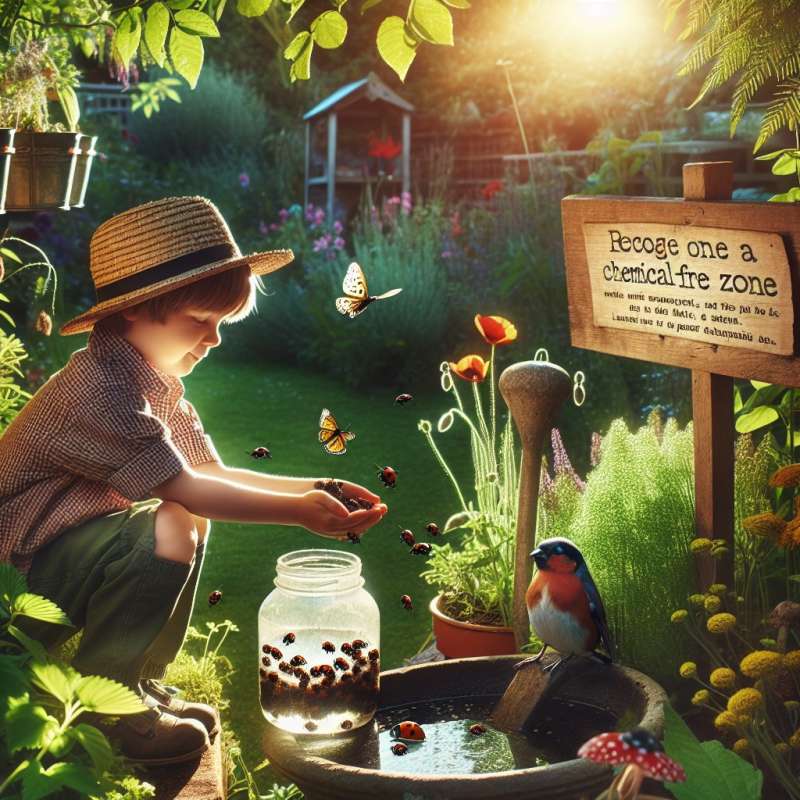
Native Plants Importance
Native plants are vital for local wildlife, providing essential habitat and food sources. They're well-adapted to the local climate and soil, requiring less water and care than non-native species.
Water Features Wonders
Water features, such as ponds or bird baths, offer vital resources for wildlife hydration and cooling. They also attract a variety of species, from birds to beneficial insects and amphibians.
Sheltering Structures
Wildlife requires shelter for protection and breeding. Leaving leaf litter, creating brush piles, or installing nesting boxes can provide safe havens for different species within your garden.
Chemical-Free Gardening
Pesticides and herbicides can harm garden wildlife. By gardening organically, avoiding chemicals, you support a healthier ecosystem and encourage natural pest control by predators.
Diverse Plant Selection
A diverse array of plants supports a wider range of wildlife. Different species provide various foods and shelters throughout the seasons, sustaining a dynamic and robust ecosystem.
Nighttime Habitat Hints
Many creatures are nocturnal. By including night-blooming flowers and considering light pollution, you can support moths and other nighttime pollinators, enhancing your garden's diurnal diversity.
Unexpected Wildlife Allies
Some creatures, like bats and toads, might not be the first you'd expect to help, but they are incredible at controlling pests. Providing a bat box or a toad abode can greatly benefit your garden's health.
Why are native plants important?
Require less care, suit local wildlife
They are more colorful than others
Only native plants can flower locally
Company